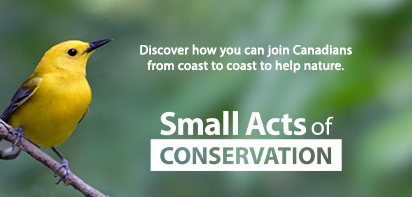Future-proofing conservation
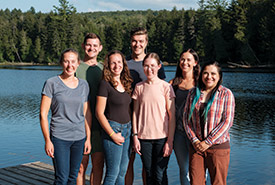
Weston Family Conservation Science Fellows (Photo by Guillaume Simoneau)
Empowering students with the skills, experience and community they need to become tomorrow’s leaders in applied conservation science
The next generation of leaders in applied conservation science are hard at work, thanks to the Weston Family Conservation Science Fellowship Program. The program supports and trains graduate students conducting Nature Conservancy of Canada (NCC) priority research on the conservation and management of important natural areas and biological diversity across Canada.
The program aims to provide the fellows with relevant and unique learning opportunities that extend beyond their own research. Fellows engage with NCC staff and the organization’s work, and are offered opportunities for professional development. They develop a sense of community that fosters peer support, creating strong connections that will carry into their professional careers. Fellowships are awarded to graduate students conducting world-class applied conservation research that directly addresses pressing conservation challenges and NCC priorities, including species at risk, ecological connectivity and invasive species. Fellowships for specific research projects are typically advertised in the fall, for master’s or PhD students to begin their studies the following summer or fall. The first cohort of fellows began their studies in fall 2020.
Zachary Moore

Master’s student, University of Manitoba (2020–present)
Zachary Moore will tell you that conservation theory is for the birds. He is studying the response of grassland songbirds to vegetation structure and cattle grazing on NCC properties in the Waterton Park Front in Alberta. His research will inform best management practices to support grassland songbirds.
Emily Trendos
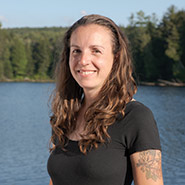
Emily Trendos (Photo by Guillaume Simoneau)
PhD student, University of Guelph (2020–present)
If you ask Emily Trendos, there’s nothing creepy about the crawlies she studies. She is researching the growth and survival of the endangered mottled duskywing butterfly in southern Ontario. Her research will provide information to support both current populations and future reintroductions of this species into suitable habitat.
Amy Wiedenfeld
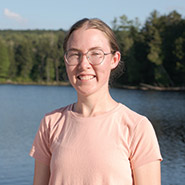
Amy Wiedenfeld (Photo by Guillaume Simoneau)
PhD student, University of Lethbridge (2022–present)
Amy Wiedenfeld believes plants are cool and wants to dispel the misperception that they are uninteresting. She is researching whether populations of four rare plants in southern Ontario are increasing or decreasing over time, the rate of change, and how environmental barriers such as soil quality impact this.
Brielle Reidlinger
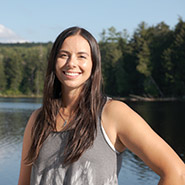
Brielle Reidlinger (Photo by Guillaume Simoneau)
Master’s student, University of Saskatchewan (2022–present)
Brielle Reidlinger is passionate about the Prairies, birds and ranching. With the help of the fellowship, she hopes her research will help further the understanding of prairie songbirds and best grazing practices. She is comparing the impact of grazing cattle versus bison on grassland songbirds at Old Man on His Back Prairie and Heritage Conservation Area in Saskatchewan.
Jessica Sánchez-Jasso
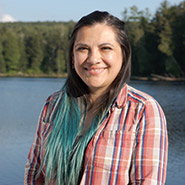
Jessica Sánchez-Jasso (Photo by Guillaume Simoneau)
PhD student, University of Manitoba (2022–present)
Jessica Sánchez-Jasso feels as though her dreams have come true. With her love of butterflies and expertise in land management and GIS, she wants to show the role that butterflies play within ecosystems. She studies how prairie management affects two endangered butterflies in Manitoba: Poweshiek skipperling and Dakota skipper.
Justin Kreller
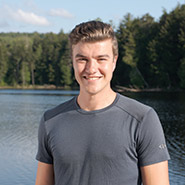
Justin Kreller (Photo by Guillaume Simoneau)
Master’s student, Carleton University (2023–present)
Justin Kreller will use his GIS skills and passion for ecology and conservation to study some of Canada’s most invasive plants. He will use computer models to map their distribution and forecast their spread and future burden across the country.
This story originally appeared in the fall 2023 issue of the Nature Conservancy of Canada Magazine. To learn more about how you can receive the magazine, click here.


